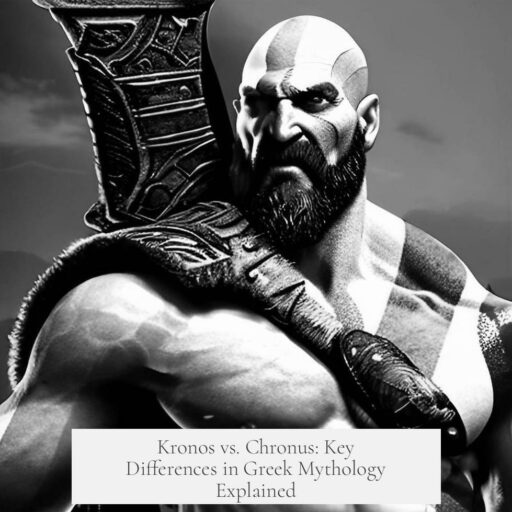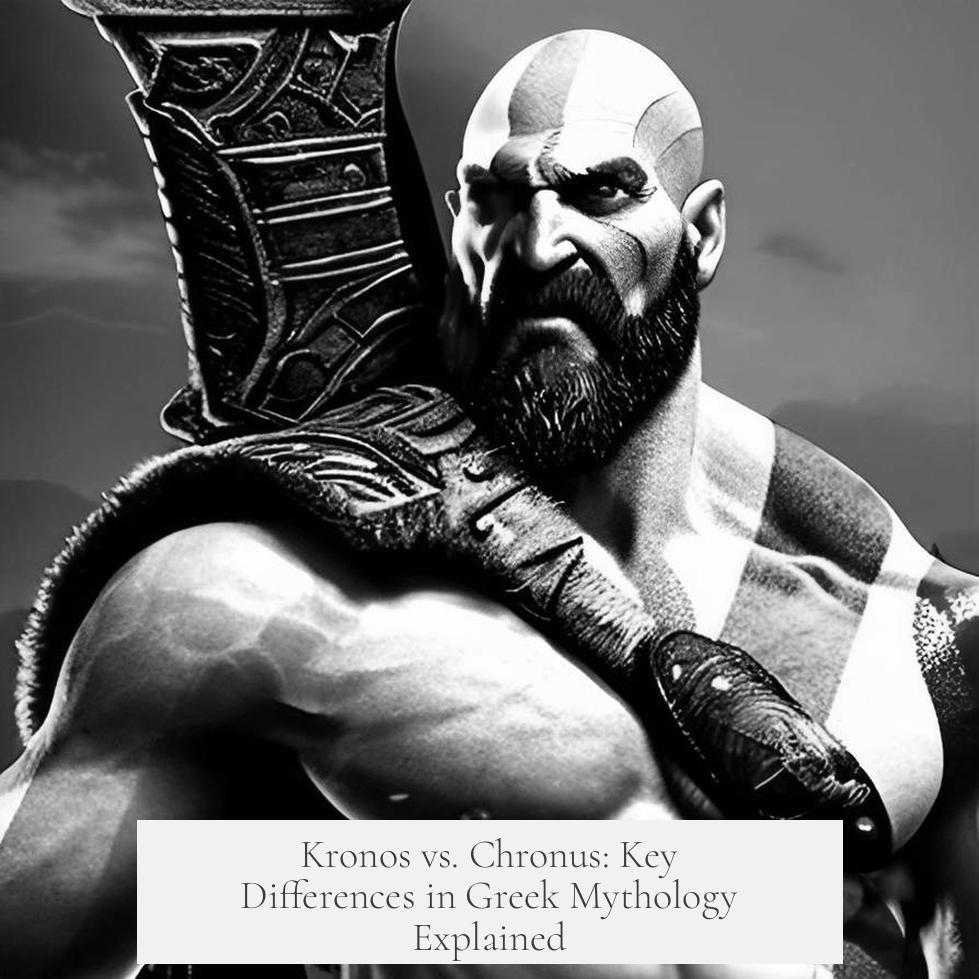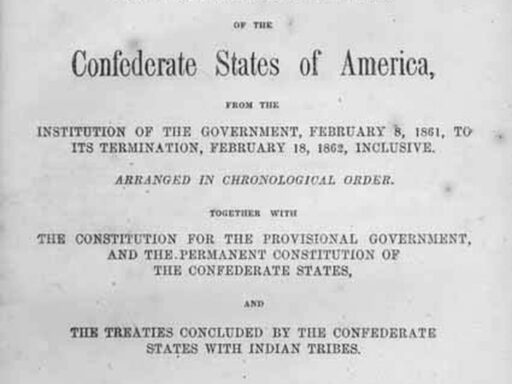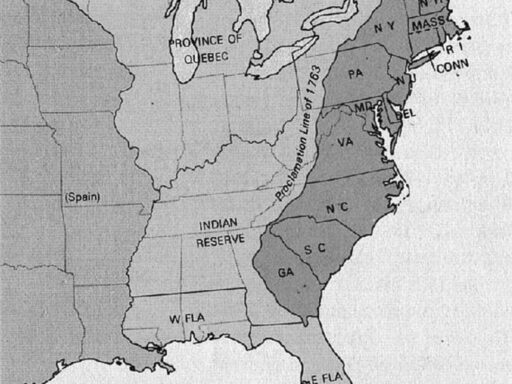The difference between Kronos and Chronus (or Chronos) in Greek mythology lies primarily in their identities and roles: Kronos is the Titan leader who fathered the Olympian gods, whereas Chronus (also Khronos) personifies time itself and is a separate, more abstract deity.
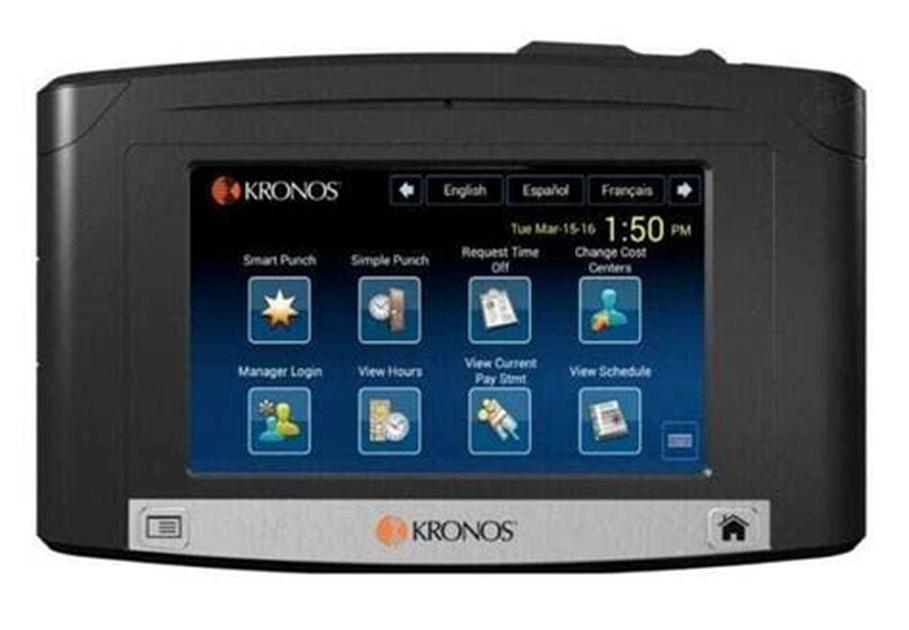
Kronos, sometimes spelled Cronus, ranks among the Titans and is best known as the father of Zeus, Hades, and Poseidon. He features prominently in myths where he overthrows his own father Uranus and is later overthrown by his son Zeus. Kronos represents a generational force and embodies the destructive, cyclical nature of time linked to power struggles and succession.
Chronus (or Khronos) differs significantly. The Greek word Χρόνος means “time,” and Khronos is the personification of time as a primordial force or god. Chronus is not depicted with a detailed mythology like Kronos but serves as an abstract figure representing the endless flow of time. The variations in spelling—Chronus, Khronos, Chronos—stem from different transliteration standards of the Greek letter Χ (chi), which can sound like “ch” or “k.”
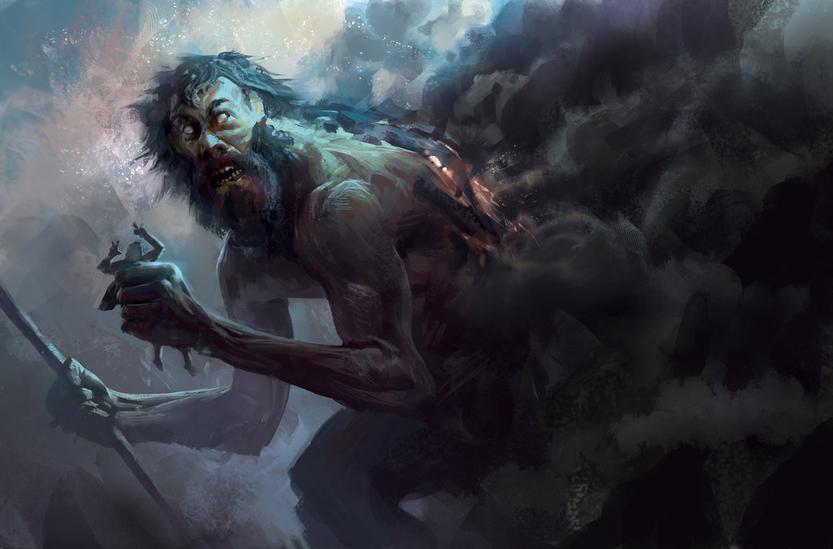
The distinction blurs in some traditions. Ancient Greek religion lacked a rigid system, and the identities of gods often overlapped. Some ancient sources, like Cicero in Roman times, equated Kronos with Khronos, suggesting a merging of the Titan with the god of time. Early cosmogonies, such as those by Pherekydes of Syros, present Khronos as a primordial entity, influencing later blending of the two figures.
However, mainstream classical mythology typically keeps them separate. Kronos’ myth centers on lineage and divine rule, while Khronos remains symbolic of the passage of time itself. This reflects Greek religious fluidity, where gods’ roles and names can merge or diverge based on context and interpretation.
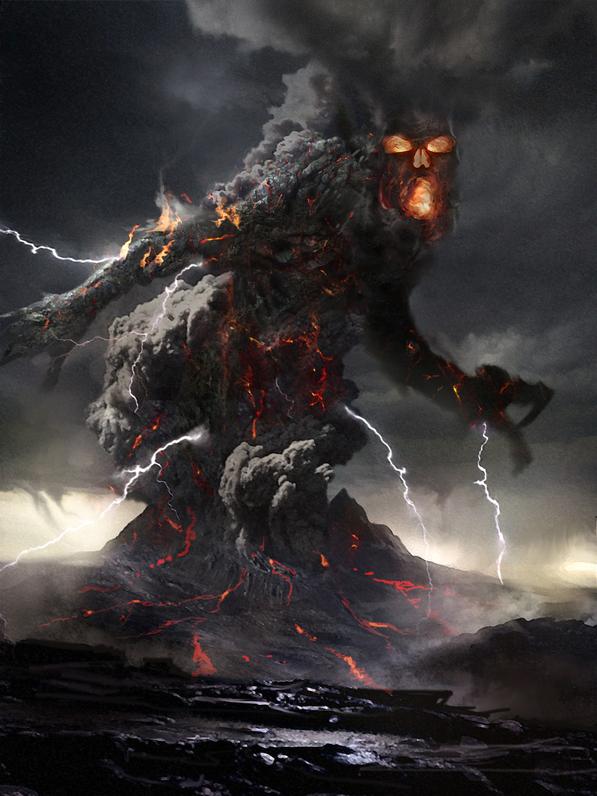
| Aspect | Kronos (Cronus) | Chronus (Khronos/Chronos) |
|---|---|---|
| Identity | Titan leader, father of Olympian gods | Personification of time |
| Role | God of generational succession and rebellion | Primordial force symbolizing time’s flow |
| Mythological Stories | Detailed myths involving family struggles and overthrow | Rarely personified in stories; abstract concept |
| Spelling Origin | Greek Κρόνος (Kronos) | Greek Χρόνος (Khronos/Chronos) |
| Overlap | Sometimes merged with Chronus in late antiquity | Sometimes equated with Kronos by later authors |
- Kronos is the Titan who rules before Zeus and is part of mythology about gods’ lineage.
- Chronus/Khronos personifies the abstract concept of time without active mythological narratives.
- Different spellings arise from transliteration of the Greek letter Χ (chi).
- Overlap occurs due to fluid and non-uniform Greek religious traditions.
What is the difference between Kronos and Chronus/Chronos in Greek mythology?
The difference between Kronos and Chronus/Chronos revolves around identity and roles: Kronos (or Cronus) is the Titan god associated primarily with time’s destructive and generational aspect and leadership among Titans, while Chronus or Khronos represents the personification of time itself. Yet, this neat division isn’t as clear cut as it seems.
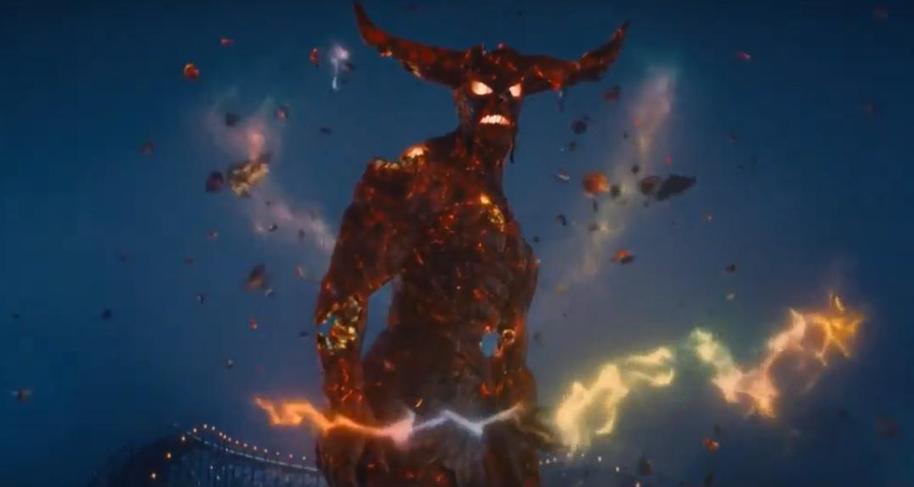
So, who’s who in this tangle of time? Let’s break it down.
A Tale of Two Names
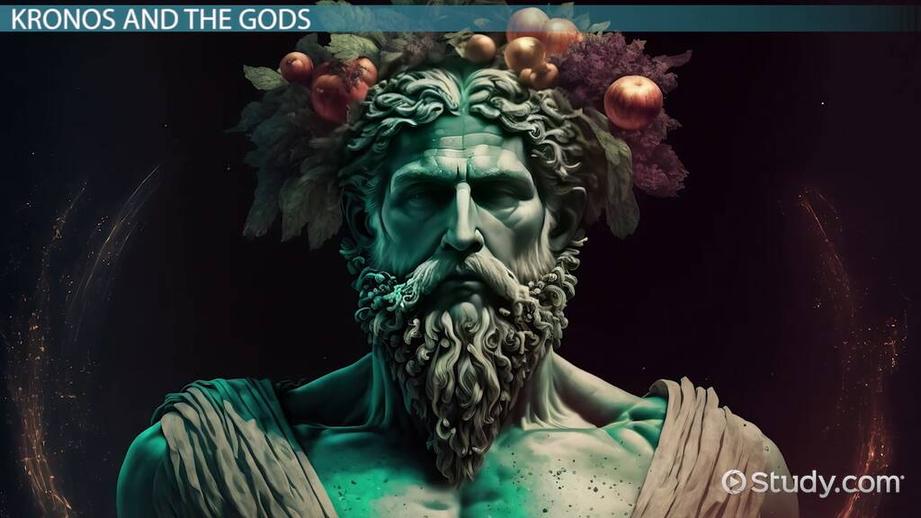
First things first, the spelling. Khronos, Chronus, and Chronos all derive from the ancient Greek word Χρόνος, which literally means “time.” How this gets spelled in English or Latin depends on transliteration, the process of converting Greek letters to Latin ones. The Greek letter Χ (chi) usually turns into “ch,” but older pronunciations lean towards a “k” sound. This is why sometimes you’ll see Khronos instead of Chronos. It’s the same entity with slightly different labels.
Then we have Kronos (sometimes Cronus), a totally different figure in Greek mythology. This Kronos is a Titan, the son of Uranus (sky) and Gaia (earth), infamous for overthrowing his father and then being overthrown by his own son, Zeus. He’s strongly linked to the destructive flow of time, especially the cyclical nature of generations.
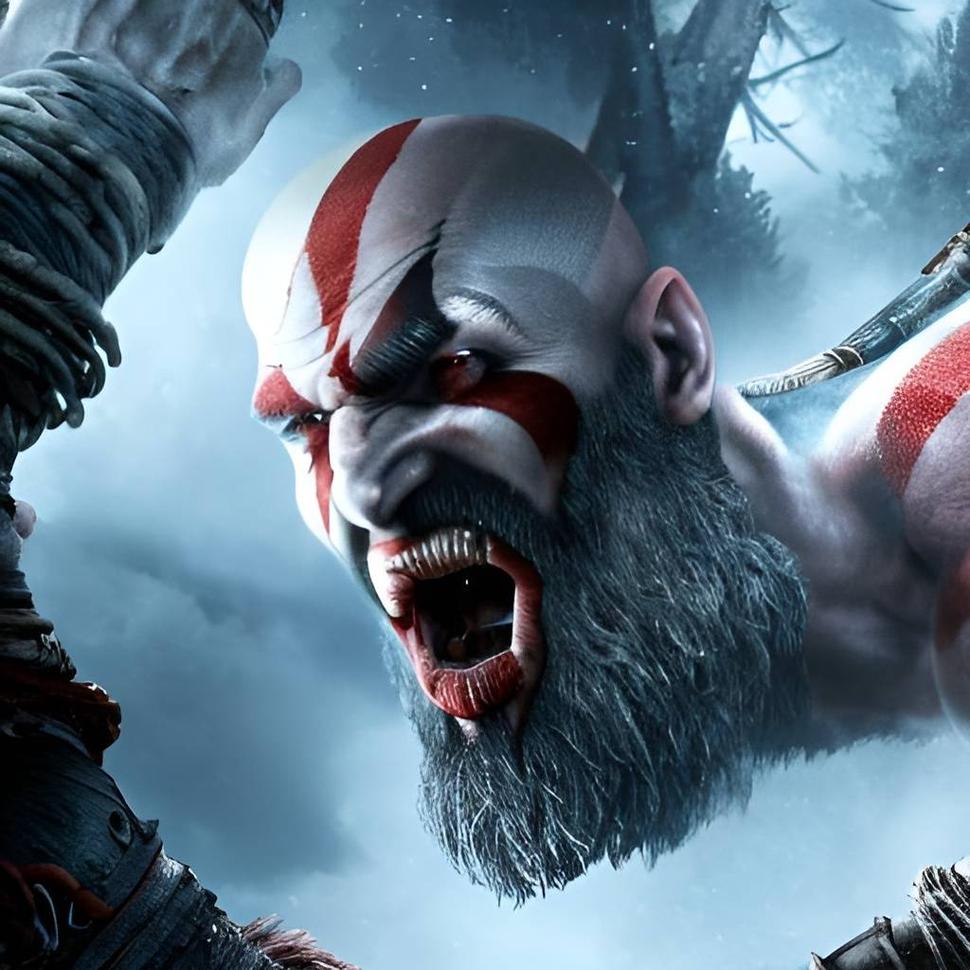
The Fluid World of Greek Gods
If you think this sounds simple, you’re in for a surprise. Greek mythology isn’t a single, fixed storybook—religion in ancient Greece was patchy and local. Not every community agreed on the nature of their gods. Some saw Kronos and Khronos as separate beings, others merged their identities.
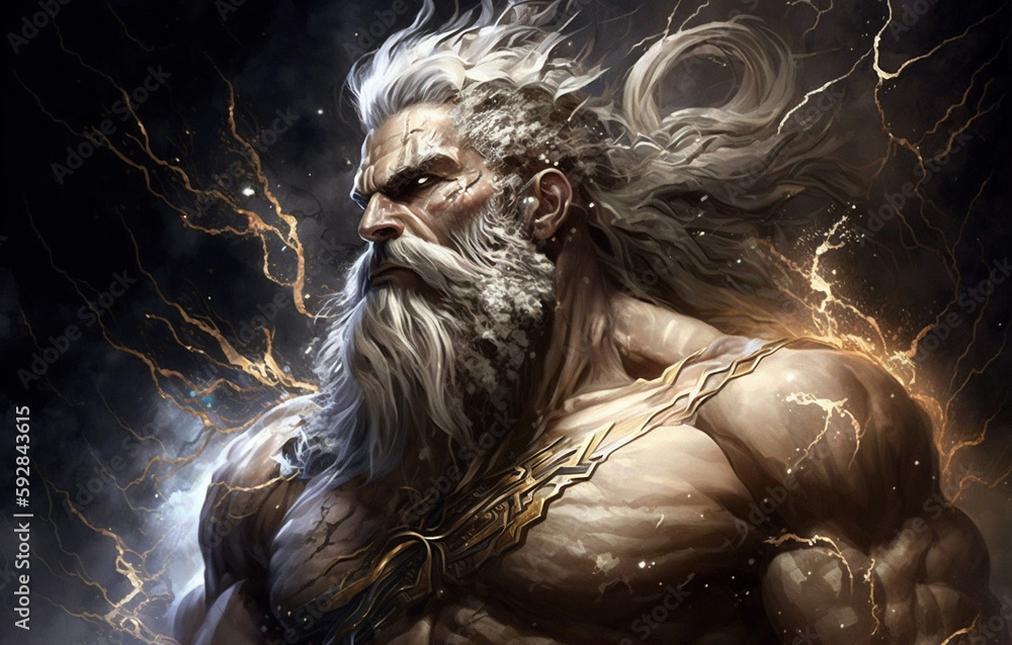
Think of ancient Greek beliefs like an epic jam session—sometimes Kronos’s fierce leadership and Khronos’s endless flow of time riff off each other, blurring into a single cosmic force. Even philosophers like Cicero argued for their sameness centuries later.
So, while today’s myth buffs draw a line between these gods, the ancients often played fast and loose with definitions. It’s like calling two cool bands “The Time Lords” and “Team Kronos” and letting them jam together now and then.
Who is Khronos, the God of Time?
Khronos is the embodiment of time—the endless, intangible march of seconds, minutes, and eons. He often appears as a serpentine or winding figure, symbolizing time’s cyclical nature. Unlike Kronos, Khronos doesn’t have a dramatic family drama or a throne to fight for. Instead, he’s abstract and universal.
Khronos symbolizes the idea of time slipping away, uncontrollable and inevitable. He personifies how time devours all, a concept more than a character. The Greek universe needed a figure like this to account for the ceaseless passage that governs life.
Kronos: The Titan Father of Time’s Bitter Side
On the flip side, **Kronos** is something we can almost imagine scowling on a throne. He embodies time’s harsh, generational power: change, succession, and the fear that time instills. He literally swallowed his children to avoid losing control, a grim metaphor for how time consumes everything.
Kronos’s story is dramatic and human in its tragedy and rebellion. He connects to fate, destiny, and the brutal cycles of power among gods and men. That’s why Kronos has a more defined mythology filled with stories of revolt and overthrow.
Why Does the Confusion Matter?
You might wonder why we should care about sorting these two out. Here’s the deal—understanding their difference reveals how ancient Greeks thought about time. It wasn’t just a clock ticking. It was a force, both cosmic and personal.
Recognizing that Khronos and Kronos represent distinct yet sometimes overlapping ideas helps us appreciate mythology’s rich layers. It shows the Greek genius for blending abstract ideas with concrete stories.
Practical Tip: When Reading or Discussing Greek Mythology
- Check the context. Is the reference about the endless flow of time (that’s probably Khronos)?
- Or is it about the Titan who swallowed his kids? That’s Kronos.
- Be aware that texts, especially from Roman sources like Cicero, might blur the lines intentionally.
- When in doubt, think about the theme: cosmic time vs. generational conflict.
Wrapping It Up
In short, Khronos/Chronus is the god of time personified, abstract and eternal; Kronos/Cronus is the Titan ruler who embodies time’s destructive, generational force. Both represent different angles on the concept of time in Greek mythology—but their identities and stories are entangled and fluid.
So next time someone mixes up Kronos and Chronos, you can gently remind them that one’s a cosmic clock, while the other’s the cranky father of the gods.
And hey, even the ancient Greeks didn’t always get it right.
What is the main difference between Kronos and Chronus in Greek mythology?
Kronos is the Titan leader known for overthrowing his father Uranus. Chronus (or Khronos) is the personification of time. They are distinct figures but sometimes confused due to similar names and spelling variations.
Are Kronos and Chronus considered the same god by the Greeks?
Generally no, but some ancient sources blend their identities. Greek religion was not unified, so interpretations varied. Some myths combine their traits, while others keep them separate.
Why do we see different spellings like Khronos, Chronus, and Kronos?
These come from different ways to transliterate the Greek word Χρόνος. The Greek letter chi (Χ) is sometimes written as “ch” or “k,” leading to variations in spelling.
Did the Greeks have a fixed system for their gods and myth names?
No, Greek beliefs were flexible. Local traditions and stories changed over time. This caused overlapping or blending of characters like Kronos and Khronos in some myths.
How did Roman writers view the difference between Kronos and Chronus?
Some Roman authors, like Cicero, argued they were the same entity. Yet, Roman texts often distinguished Kronos as Titan and Chronus as time god, reflecting ongoing debate.
